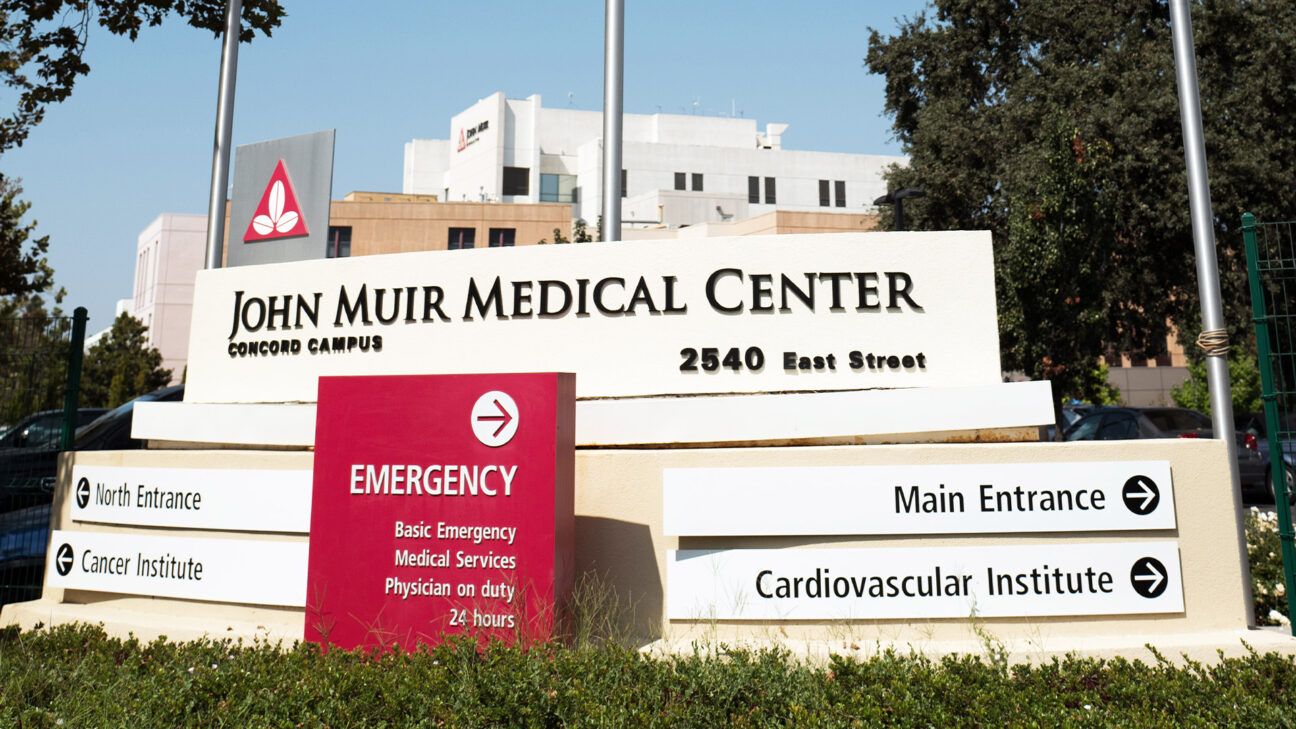
- Healthgrades has revealed its 2025 awards for America’s top hospitals for specialty care.
- The rankings include overall specialty rankings, outpatient rankings, and specialty rankings by state.
- These facilities are among the top 5% or 10% of hospitals nationwide in each specialty area.
Choosing the best hospital for healthcare can be challenging, especially if you or someone you know haven’t been there before.
Healthgrades aims to make it easier to know whether you are getting care from the best doctors and hospitals.
On October 22, 2024, Healthgrades announced the recipients of hospital quality achievements recognizing excellence in specialty care:
- 2025 Specialty Excellence Awards
- 2025 Outpatient Awards
- 2025 Specialty State Rankings
In a press release, Healthgrades stated that its specialty excellence rankings “recognize hospitals for outstanding clinical performance in 16 specialty care areas, including cardiac surgery, critical care, and stroke 肠补谤别.”
The outpatient rankings “recognize the national leaders in outpatient care,” and the state rankings “identify the top three or five hospitals in each eligible state across 18 key specialties.”
Healthgrades noted that they used clinically validated methodologies to make their selections based on patient outcome data.
To choose the top hospitals for specialty care, Healthgrades examined clinical performance data on more than 4,500 hospitals across 31 common procedures and conditions. This enabled them to recognize hospitals with the following awards:
- America’s 100 Best Hospitals for Specialty Care (for 11 specialty areas)
- America’s 50 Best Hospitals for Specialty Care (for three speciality areas)
Healthgrades explained that the Specialty Excellence ratings and awards were determined using Medicare inpatient data for years 2021 through 2023.
This included data on deaths of patients undergoing certain procedures or with specific health conditions, and complications resulting from other procedures.
To identify the top hospitals, Healthgrades uses a four-step procedure:
- Calculate the predicted number of deaths or complications at each hospital for these procedures and conditions.
- Compare the predicted value to the actual number of deaths or complications at each hospital.
- Determine whether the difference between the predicted and actual values is statistically significant.
- Use the statistical analysis to determine a hospital’s performance in each category.
For each condition or procedure, hospital performance was broken down into three categories:
- Better than expected
- As expected
- Worse than expected
A similar methodology was used for the Outpatient Awards and Specialty State Rankings.
The top 5% or 10% of hospitals within each specialty area are recognized as Specialty Excellence Award recipients or Outpatient Speciality Excellence Award recipients.
In the press release, Brad Bowman, MD, chief medical officer and head of data science at Healthgrades, said, “Our specialty awards highlight top-performing hospitals across medical specialties, empowering consumers to find high quality care for their unique needs. Doing your research ahead of time and understanding where you can find high quality care can positively impact your healthcare journey and overall experience.”
Sara Mathew, associate director of research and operations administration at Weill Cornell Medicine, says Healthgrades hospital rankings are “valuable tools” for patients.
“[These rankings] include data on surgical outcomes and complication rates, making it easier for patients to make informed decisions without needing specialized knowledge of the healthcare system,” she told Healthline.
Mathew noted that in the past, people searching for high quality healthcare depended on referrals from primary care physicians, friends, or family members. But now, many prefer to conduct their own research, including using online reviews and rankings.
“This is especially important in areas with multiple hospitals and healthcare providers, where the right choice can significantly impact not only treatment outcomes but also the overall patient experience, including how doctors, nurses, and staff interact, the cleanliness of facilities, and how promptly concerns are addressed,” she said.
However, she emphasized that Healthgrades rankings should be used as just one part of the decision making process. Patients should also consider other factors, such as whether a hospital or provider is in their health insurance’s network, the location of the facilities, and recommendations from their primary care physician.
“By combining these considerations, patients can make the best healthcare decisions tailored to their individual needs,” she said.
Healthgrades announced the recipients of hospital quality achievements for excellence in specialty care, including the 2025 Speciality Excellence Awards, 2025 Outpatient Awards, and 2025 Speciality State Rankings.
The rankings are based on clinical performance data on more than 4,500 hospitals across 31 common procedures and conditions, including cardiac surgery, critical care, and stroke care.
Experts say the Healthgrades rankings are a valuable tool for patients and can help them make informed healthcare decisions. However, this information should be used in conjunction with other factors such as insurance coverage, location, and recommendations from their own primary care physician.
Healthgrades and Healthline are part of the RVO Health portfolio of brands.




